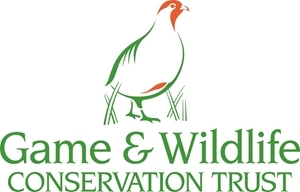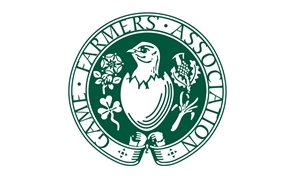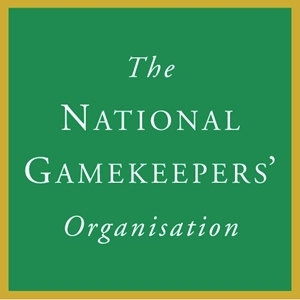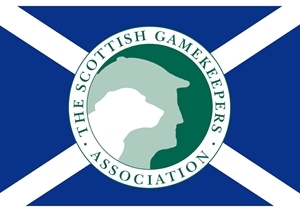ORGANISATIONS involved in shooting and gamebird management have welcomed a big fall in the amount of antibiotic used in the rearing of pheasants and partridges in the UK.
Figures endorsed by the Veterinary Medicines Directorate (VMD) have been released today showing that antibiotics used in gamebirds were brought down voluntarily by 36 per cent in 2017 compared to 2016, including a 53 per cent reduction for those administered in gamebird food. (Gamebirds are reared in the spring, which is why the 2017 results are already complete).
The 36 per cent fall comfortably exceeds the 25 per cent official reduction target for gamebirds in 2017, developed by the sector and agreed by the VMD earlier this year. The actual reduction was calculated from veterinary records. Vets are responsible for prescribing all antibiotics administered to gamebirds.
The encouraging results come at a time when all livestock sectors have been asked by government to reduce their use of antibiotics in the face of global concerns about antimicrobial resistance – the evolution of bugs that will not respond to treatment with antibiotics.
A spokesman for the shooting and gamebird management organisations said: “These large reductions have been achieved voluntarily and in just one year through the hard work of game farmers, gamekeepers, the veterinary profession and the game feed trade. We welcome today’s results as an excellent start to our continuing campaign for antibiotic reduction.”
Professor Peter Borriello, Chief Executive Officer of the VMD, said: “The significant reductions achieved in 2017, the same year that the sector started to collect and scrutinise its antibiotic usage data, highlight the strong commitment of the game bird industry to bring down antibiotic use. The reductions achieved in 2017 are to be highly commended, and are an encouragement to all to continue the good work.”
John Fitzgerald, General Secretary of RUMA (Responsible Use of Medicines in Agriculture Alliance), whose conference, ‘Facing Up to the Antimicrobial Resistance Challenge’ was held in London today, said: “We congratulate our colleagues in the game sector on their excellent 2017 antibiotic reduction results. The enthusiasm and commitment with which the whole sector has engaged with this process is exemplary and we have every confidence that they will achieve further reductions in future years.”
Antibiotics are used in gamebird rearing, as in other livestock sectors, for the treatment of natural diseases. Their use is sometimes essential for welfare reasons but administration of antibiotics can be reduced through good biosecurity and correct management, in close liaison with specialist vets.
The lessons learned from this year’s rearing season will be collated during November at a meeting of vets being hosted by the Game Farmers’ Association. Advice arising from that meeting will be provided free of charge to all game-rearers in anticipation of further antibiotic reductions next year.
For more information, please contact:
Game Farmers’ Association
Charles Nodder 01725 552928
Countryside Alliance
Liam Stokes 0207 840 9250 or email press-office@countryside-alliance.org
British Association for Shooting and Conservation
Garry Doolan 01244 573052 or email press@basc.org.uk
Game and Wildlife Conservation Trust
Andrew Gilruth 07900 200786
National Gamekeepers’ Organisation
Julian Murray-Evans 01766 523795
Scottish Gamekeepers’ Association
Kenneth Stephen 07823 770651






Notes to editors
The Game & Wildlife Conservation Trust – providing research-led conservation for a thriving countryside. The GWCT is an independent wildlife conservation charity which has carried out scientific research into Britain’s game and wildlife since the 1930s. We advise farmers and landowners on improving wildlife habitats. We employ more than 60 post-doctoral scientists and other research staff with expertise in areas such as birds, insects, mammals, farming, fish and statistics. We undertake our own research as well as projects funded by contract and grant-aid from government and private bodies.
For information, contact:
Eleanor Williams
Telephone: 07592 025476
Email: press@gwct.org.uk